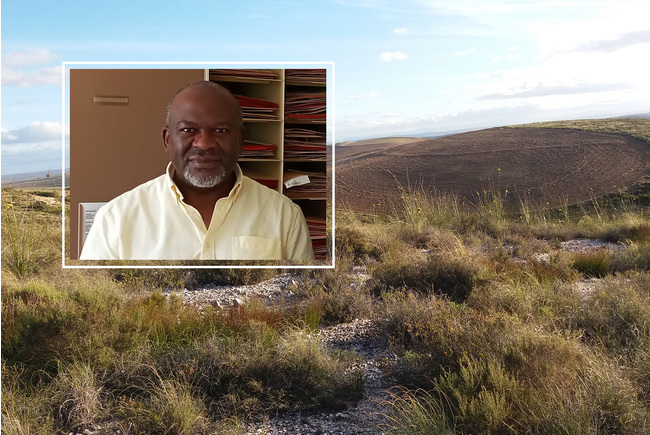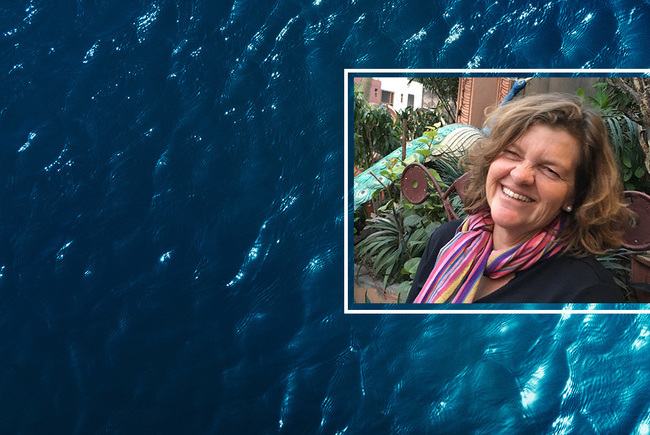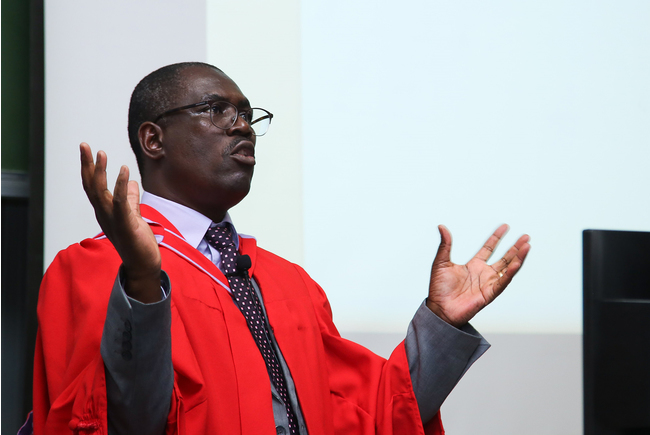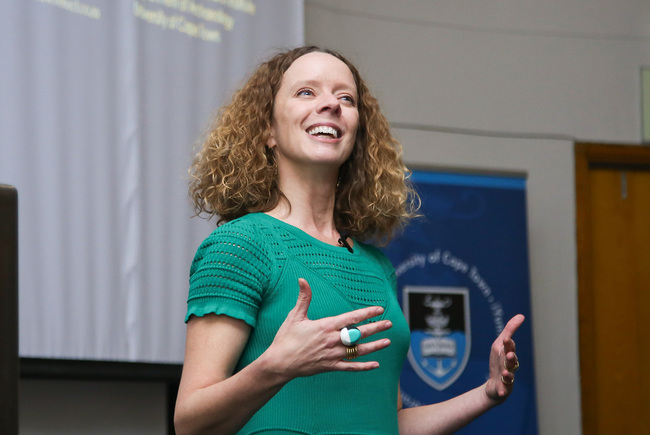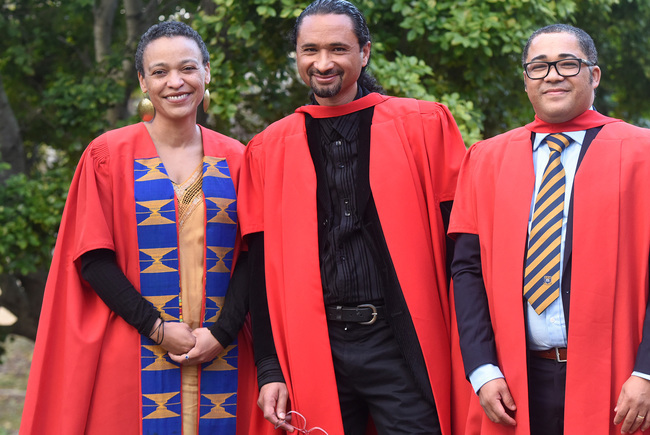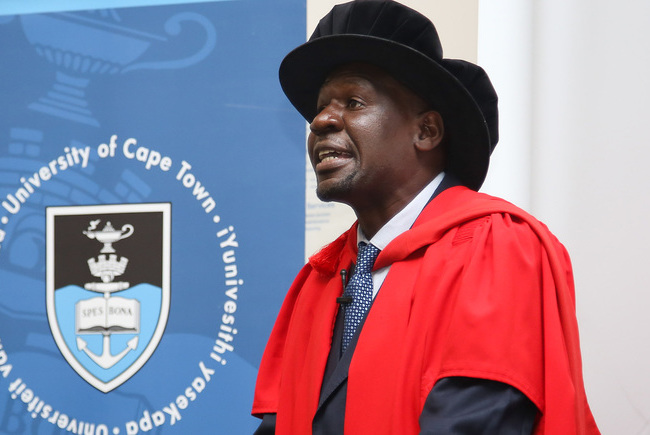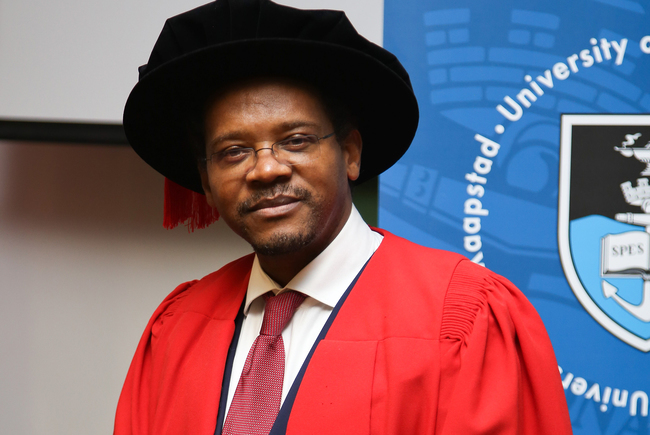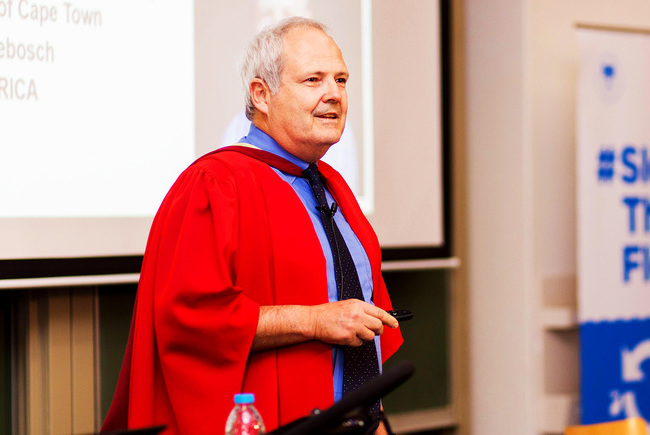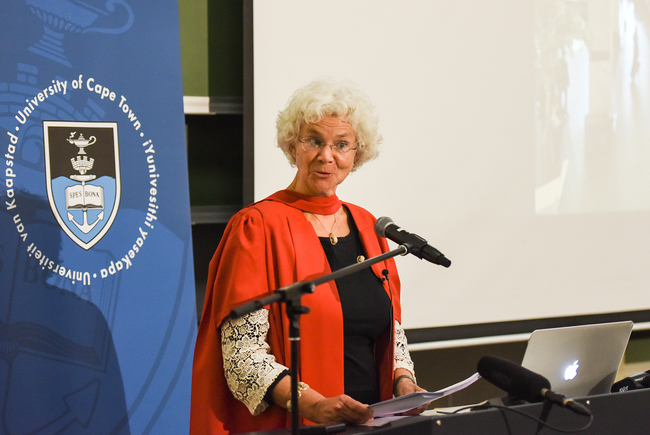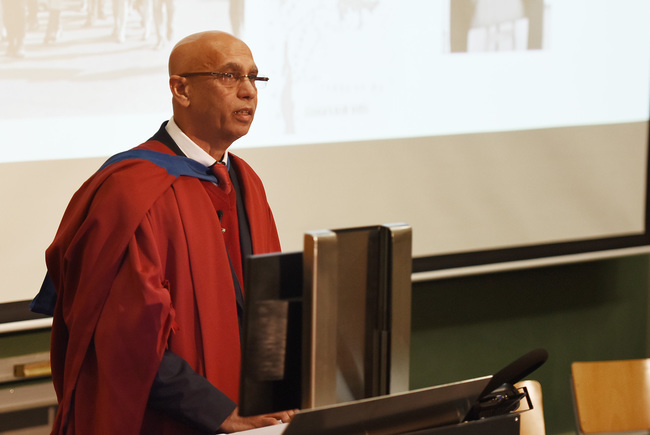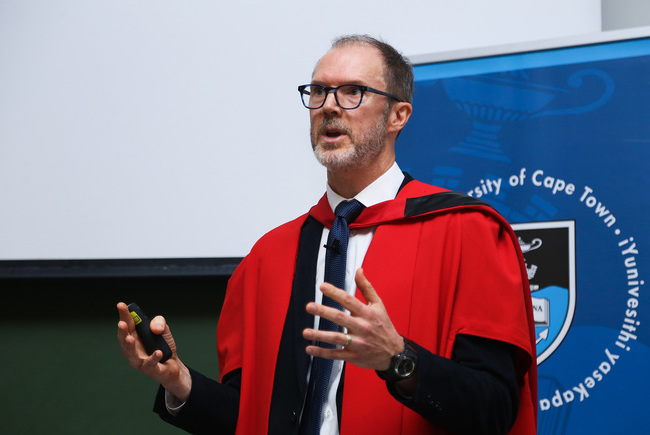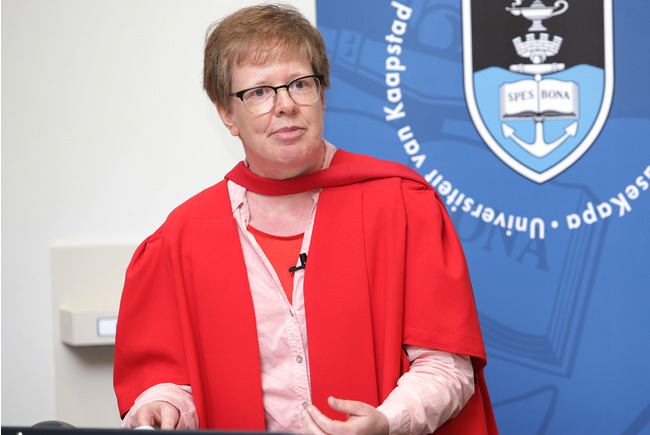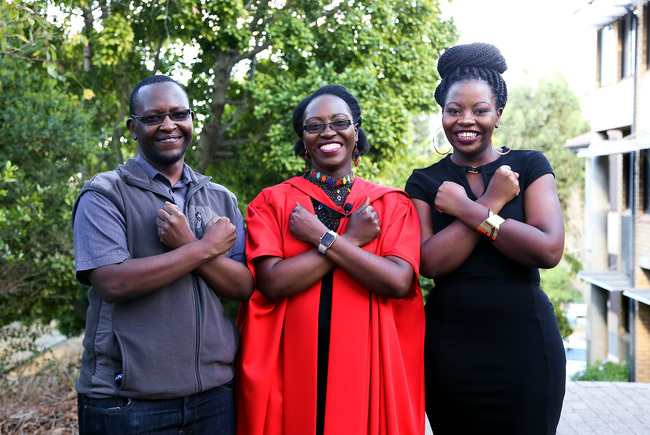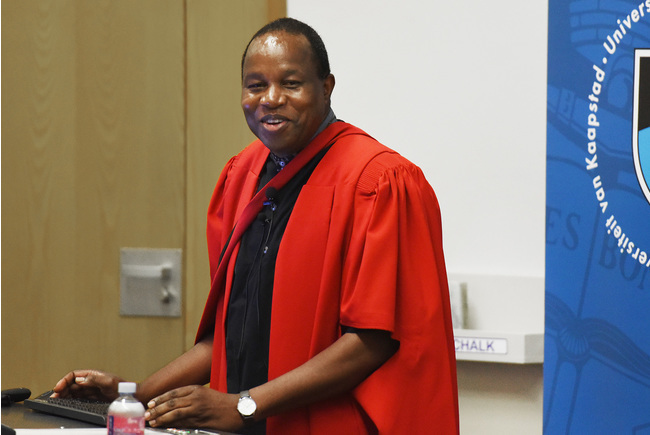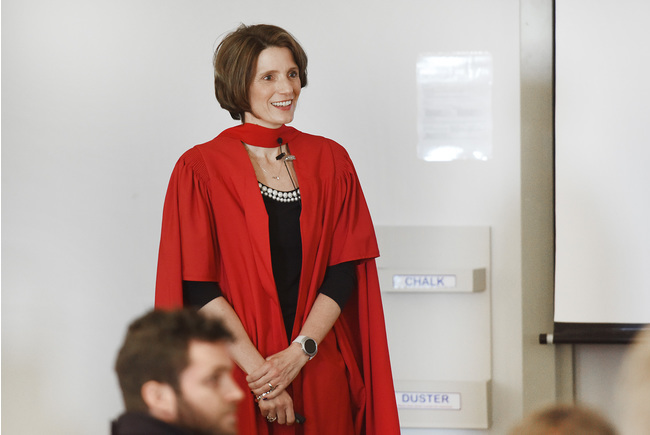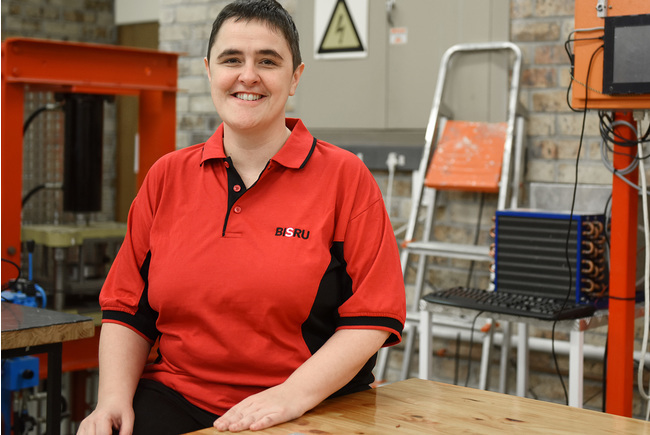New dinosaur discovered in Mongolia
15 February 2019 | Story staff writer. Image Do Yoon Kim. Read time 3 min.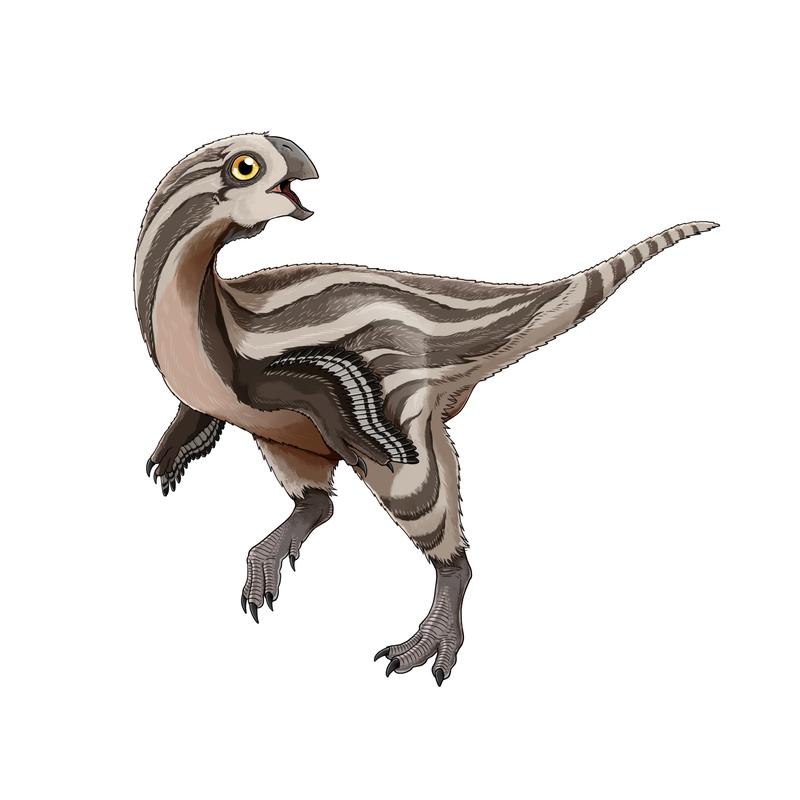
A new species of dinosaur – a type of oviraptorosaur – has been discovered in Mongolia by a team of researchers from South Korea and their colleagues, including UCT’s Professor Anusuya Chinsamy-Turan.
Oviraptorosaurs were a diverse group of bird-like dinosaurs from the Cretaceous of Asia and North America. They are characterised by their short snouts that feature parrot-like beaks, and their commonly feathered hides. The diet and feeding strategies of these toothless dinosaurs are unclear despite the abundance of nearly complete oviraptorosaur skeletons that have been found in southern China and Mongolia.
In this study, the team describes an incomplete skeleton of an oviraptorosaur from the Late Cretaceous – around 100.5 to 66 million years ago – found in the Nemegt Formation of the Gobi Desert of Mongolia in 2008 during the Korea–Mongolia International Dinosaur Expedition.
In this study, the team describes an incomplete skeleton of an oviraptorosaur from the Late Cretaceous – around 100.5 to 66 million years ago – found in the Nemegt Formation of the Gobi Desert of Mongolia...
The unusual, thickened jaws of the new species (Gobiraptor minutus) distinguish it from other oviraptorosaurs and indicate that it may have used a crushing feeding strategy. This supports previous suggestions that oviraptorosaurs fed on hard foods, such as eggs, seeds or hard-shelled molluscs.
Chinsamy-Turan, from the UCT Department of Biological Sciences, contributed histological analyses of the skeleton’s femur, which revealed that the specimen was likely from a very young individual.
“The microscopic structure of the thigh bone of this Cretaceous-aged, baby dinosaur showed that it was richly inundated with blood vessels and that it was rapidly growing at the time of its death,” says Chinsamy-Turan.
The location of the G. minutus skeleton in the Nemegt Formation – which consists mostly of river and lake deposits – confirms that oviraptorosaurs were well adapted to wet environments. The research team proposes that different dietary strategies may explain the wide diversity and evolutionary success of this group in the region.
- Lee S, Lee Y-N, Chinsamy A, Lü J, Barsbold R, Tsogtbaatar K (2019) A new baby oviraptorid dinosaur (Dinosauria: Theropoda) from the Upper Cretaceous Nemegt Formation of Mongolia. PLoS ONE 14(2): e0210867. https://doi.org/10.1371/journal.pone.0210867
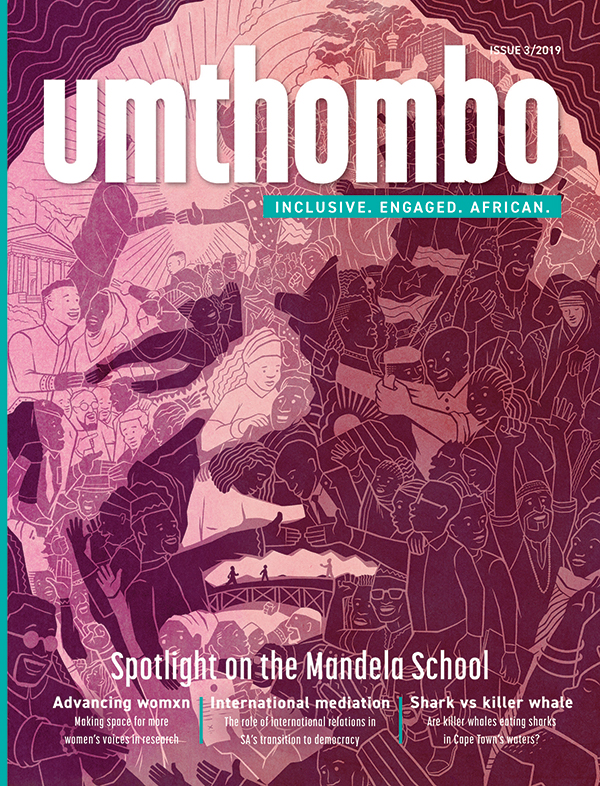 This story was published in the third issue of Umthombo, a magazine featuring research stories from across the University of Cape Town.
This story was published in the third issue of Umthombo, a magazine featuring research stories from across the University of Cape Town. Umthombo is the isiXhosa word for a natural spring of water or fountain. The most notable features of a fountain are its natural occurrence and limitlessness. Umthombo as a name positions the University of Cape Town, and this publication in particular, as a non-depletable well of knowledge.
Read the complete third issue online or subscribe and receive new issues in your inbox every few months.
 This work is licensed under a Creative Commons Attribution-NoDerivatives 4.0 International License.
This work is licensed under a Creative Commons Attribution-NoDerivatives 4.0 International License.
Please view the republishing articles page for more information.
The UCT Inaugural Lecture Series
Inaugural lectures are a central part of university academic life. These events are held to commemorate the inaugural lecturer’s appointment to full professorship. They provide a platform for the academic to present the body of research that they have been focusing on during their career, while also giving UCT the opportunity to showcase its academics and share its research with members of the wider university community and the general public in an accessible way.
In April 2023, Interim Vice-Chancellor Emeritus Professor Daya Reddy announced that the Vice-Chancellor’s Inaugural Lecture Series would be held in abeyance in the coming months, to accommodate a resumption of inaugural lectures under a reconfigured UCT Inaugural Lecture Series – where the UCT extended executive has resolved that for the foreseeable future, all inaugural lectures will be resumed at faculty level.
Recent executive communications
2025
2024
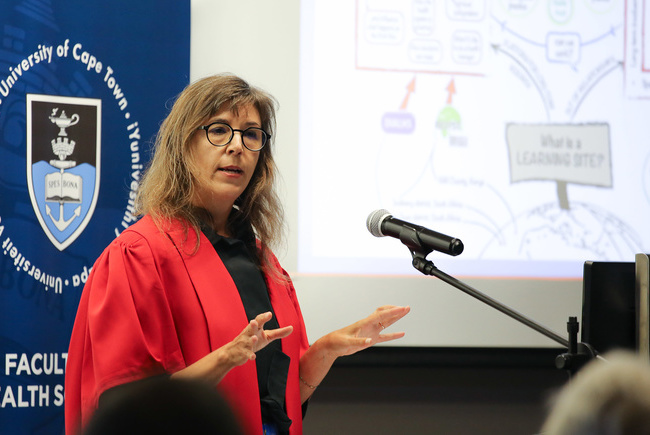
Professor Susan Cleary delivered her inaugural lecture on 14 March.
14 Mar 2024 - 5 min read2023
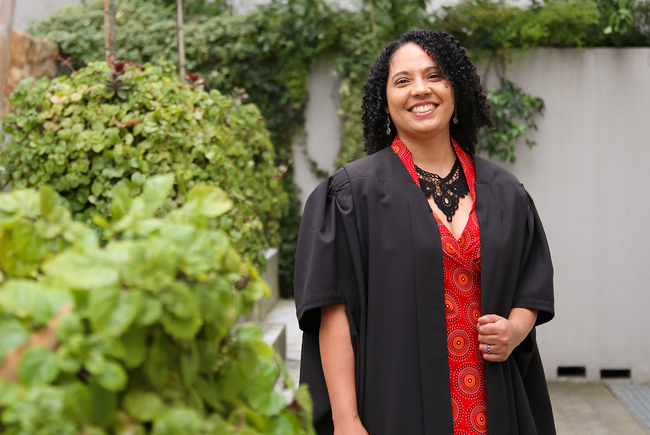
Prof Lydia Cairncross’s inaugural lecture provided a snapshot of the career path of a surgeon and community activist whose commitment to social justice means her work doesn’t end in the operating theatre.
02 Nov 2023 - 8 min read2022

Professor Linda Ronnie is in UCT’s Faculty of Commerce.
28 Sep 2022 - 6 min read2021
2020
2019
2018
2017
2016 and 2015
No inaugural lectures took place during 2015 and 2016.


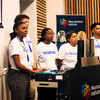




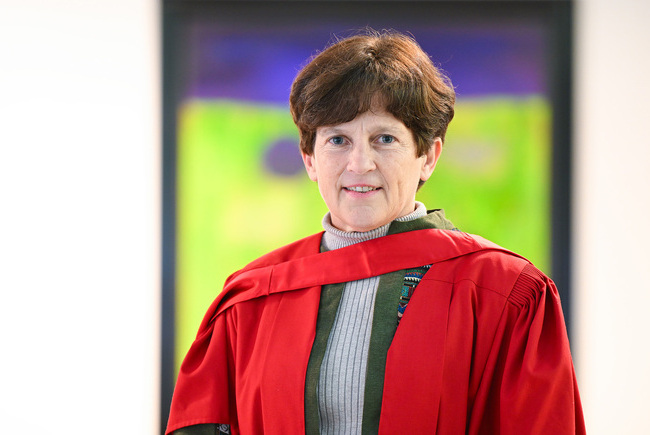
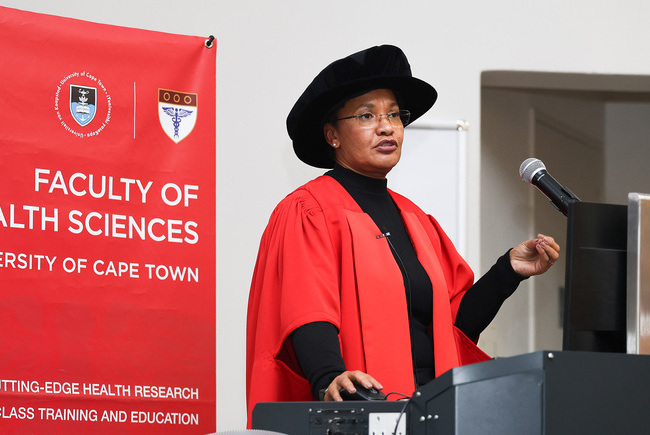
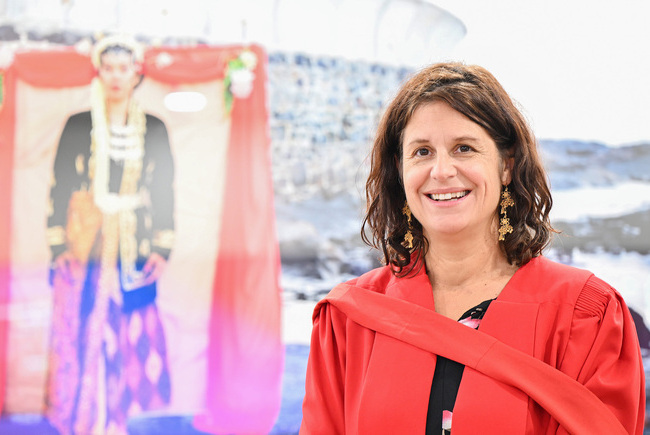
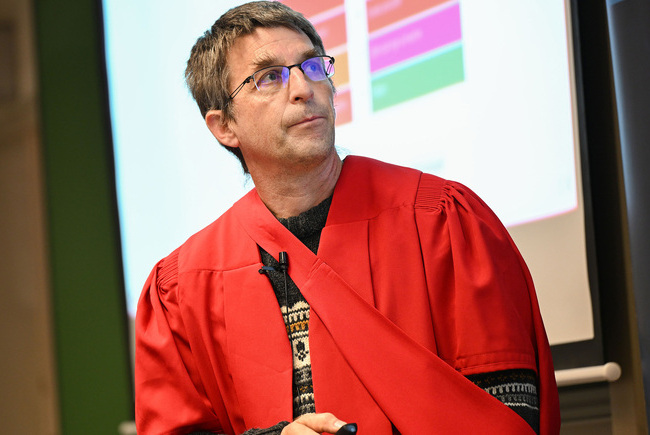
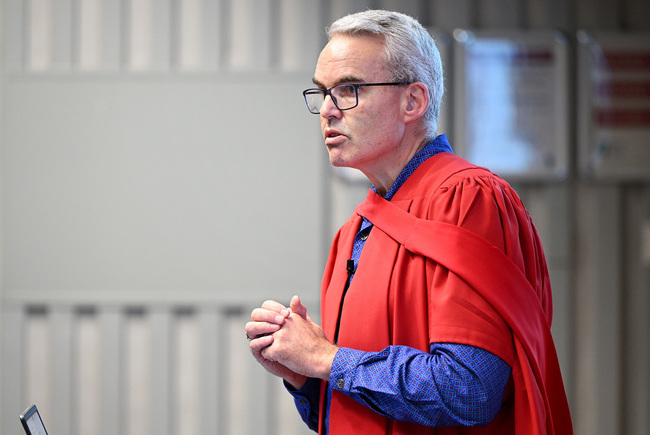

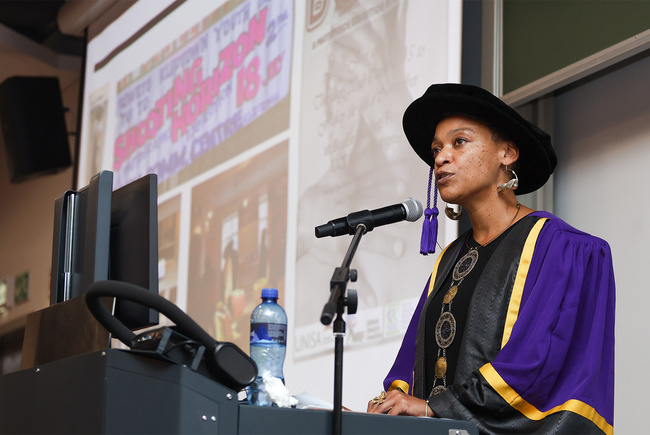
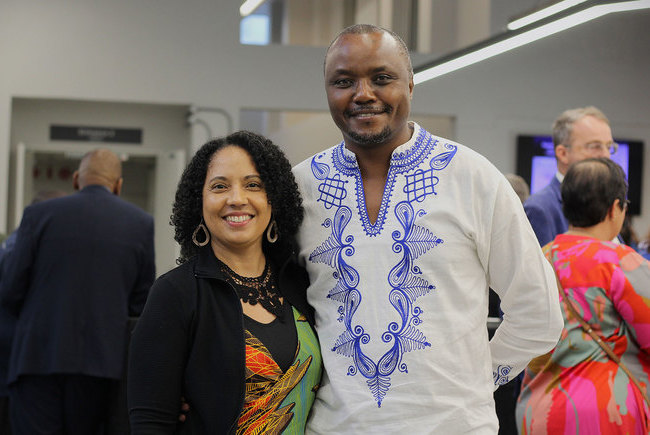
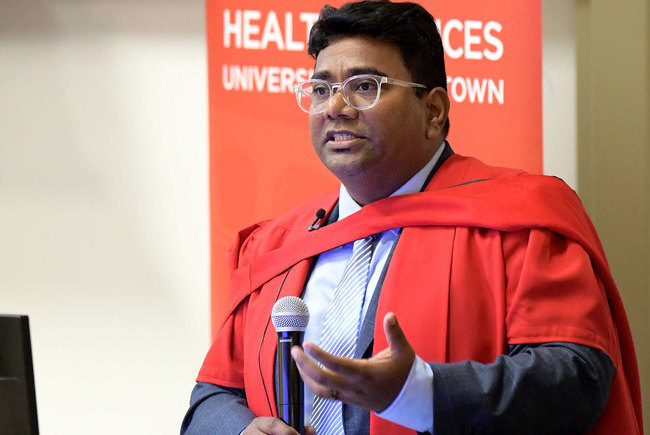
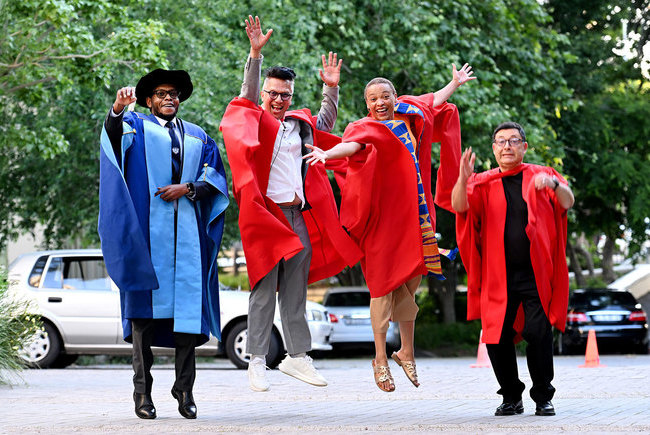
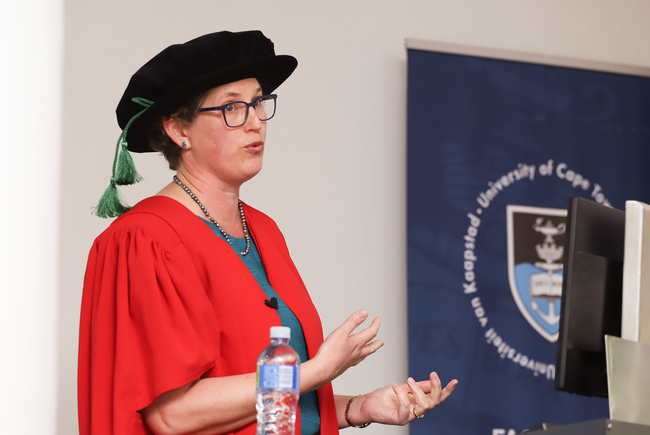
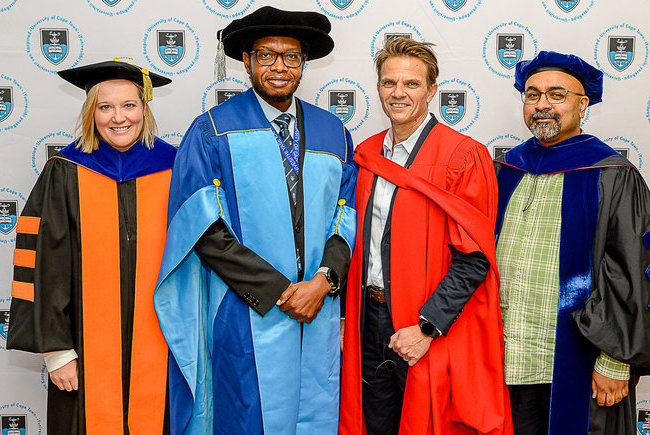
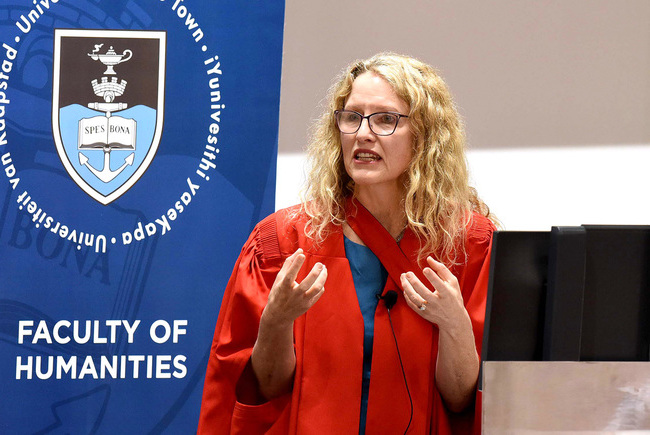
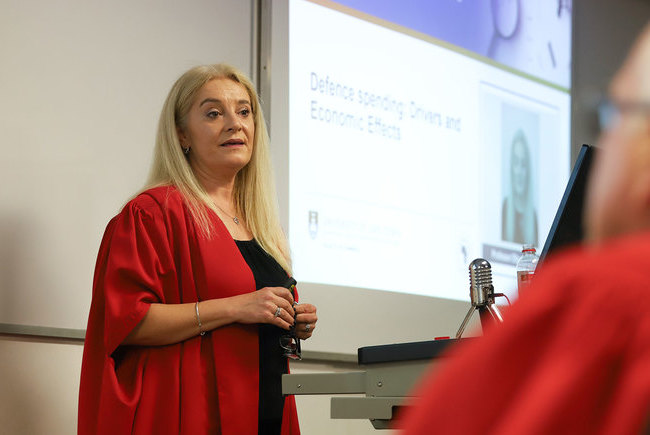
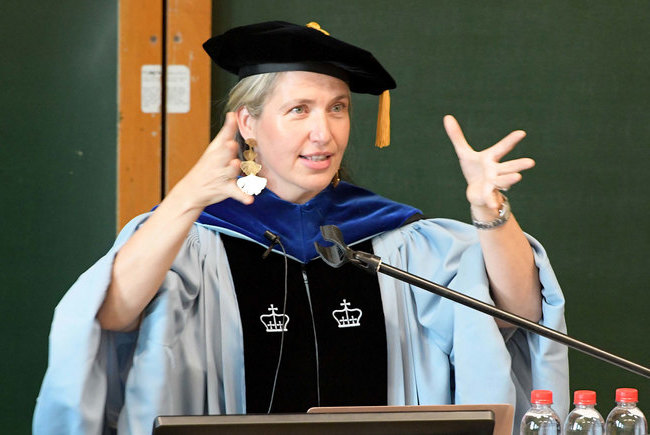
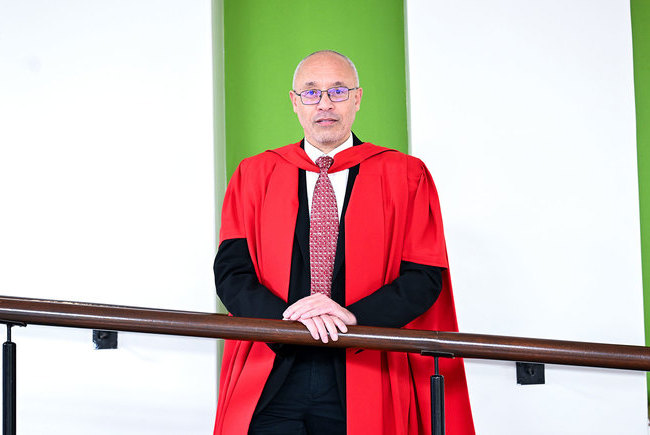
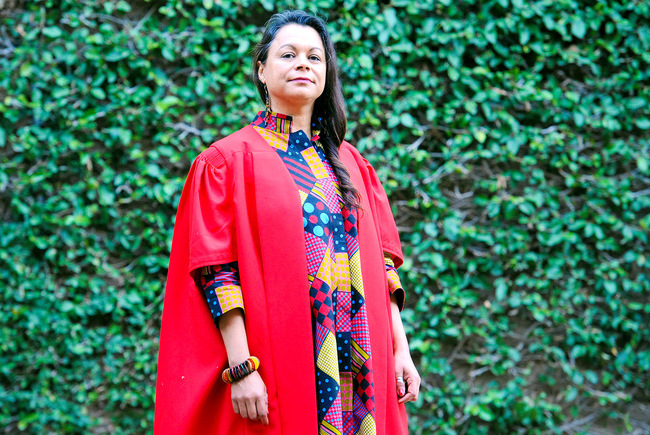
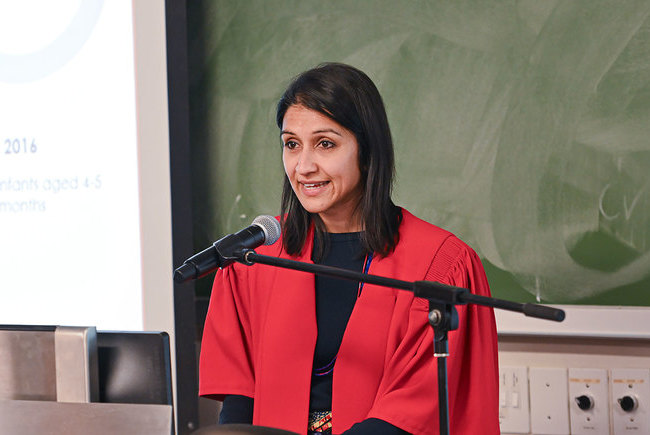
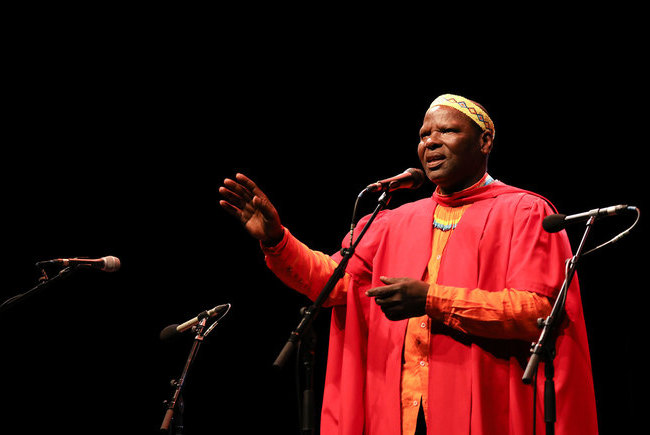
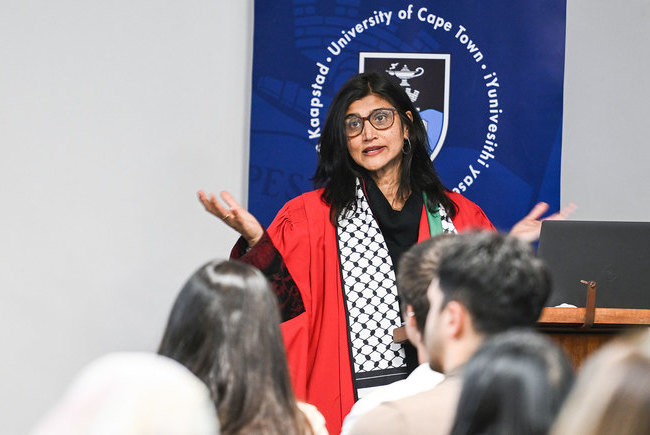
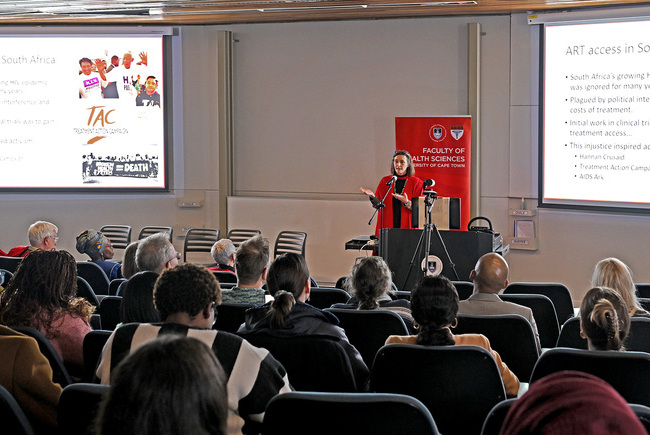
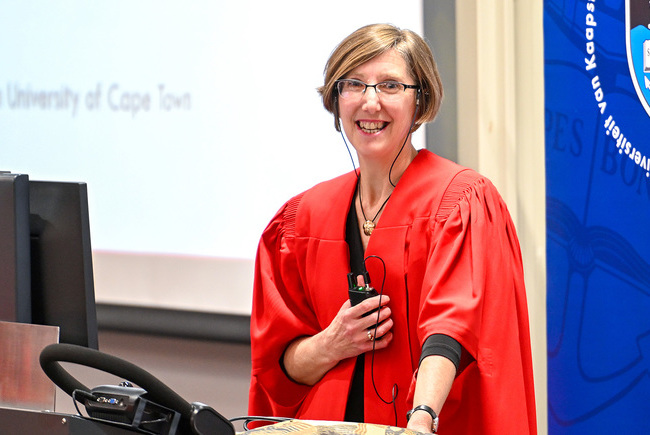
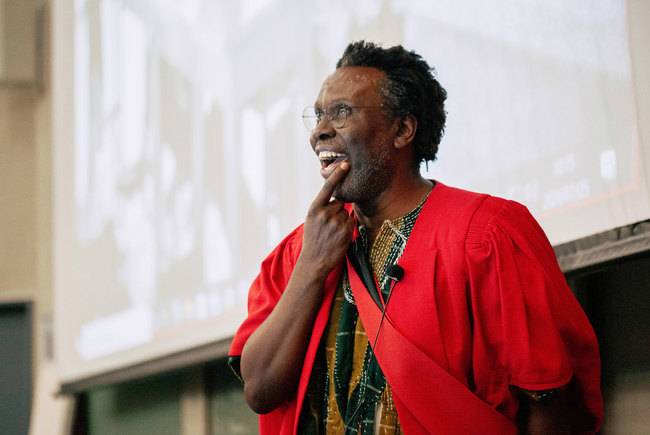
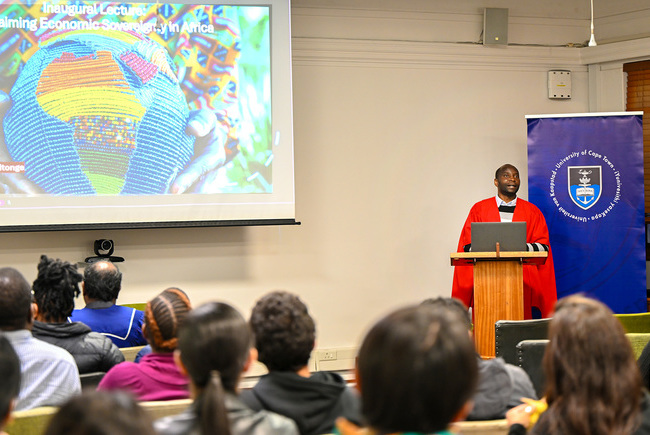
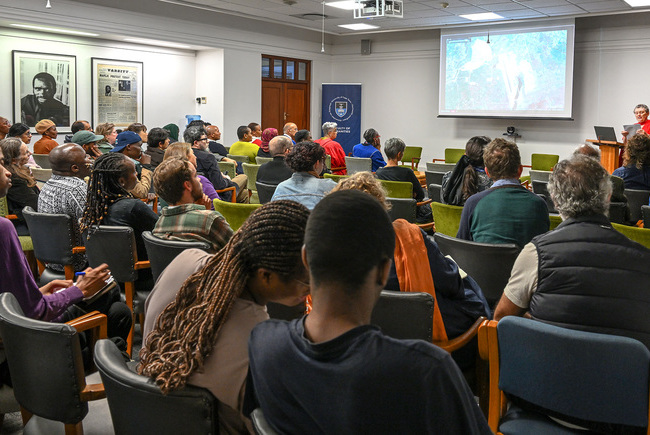
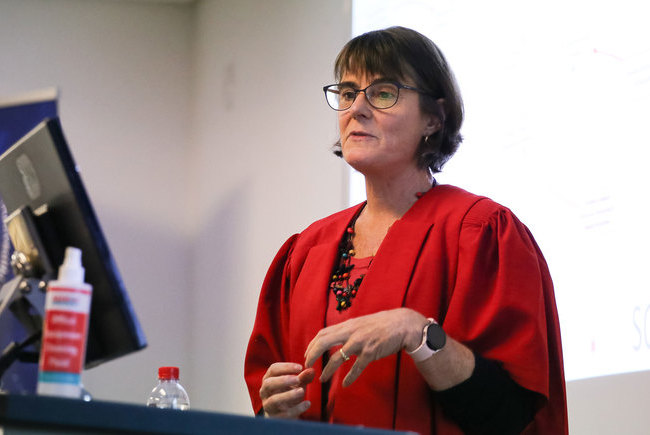
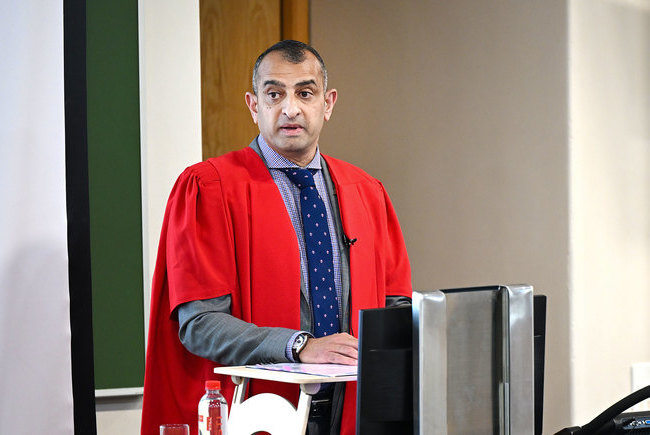
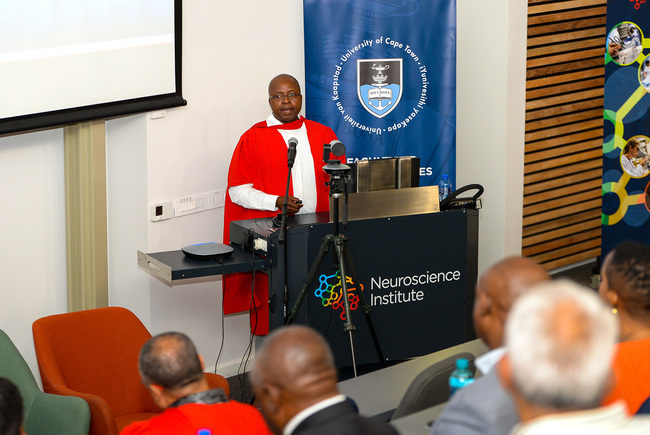

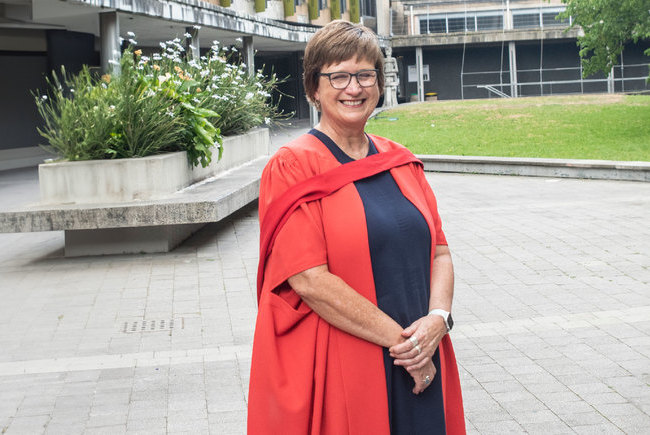

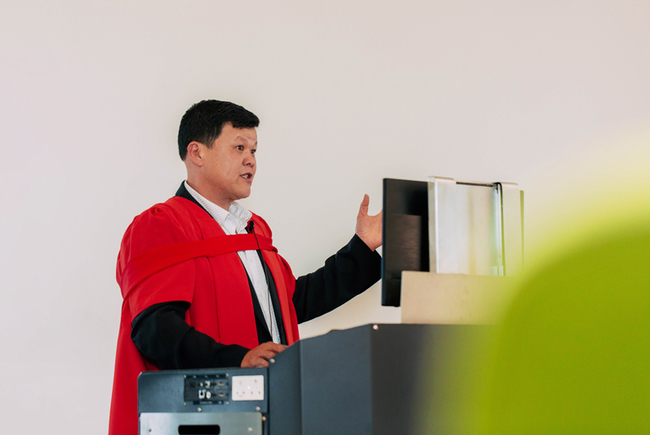
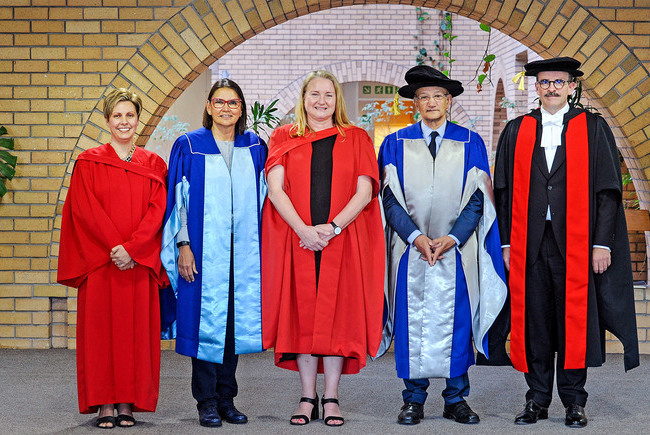

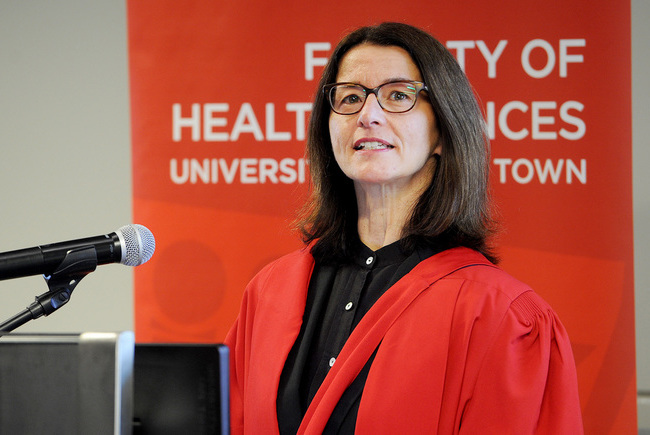
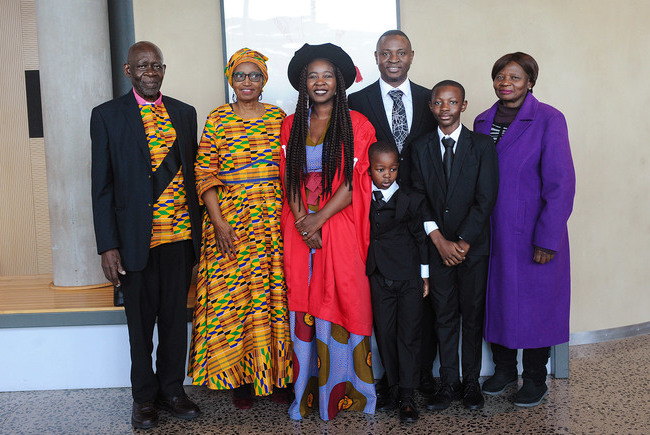
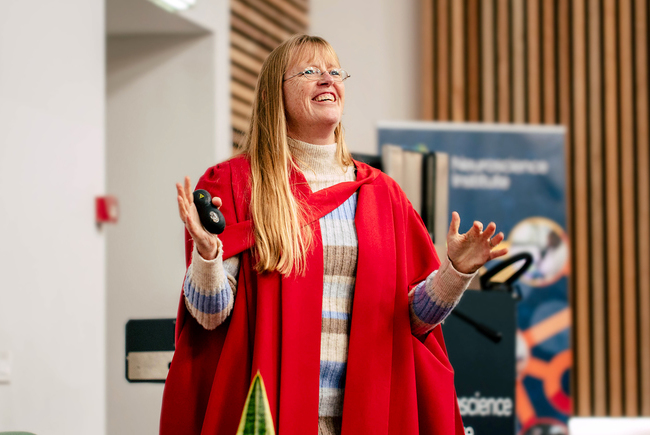

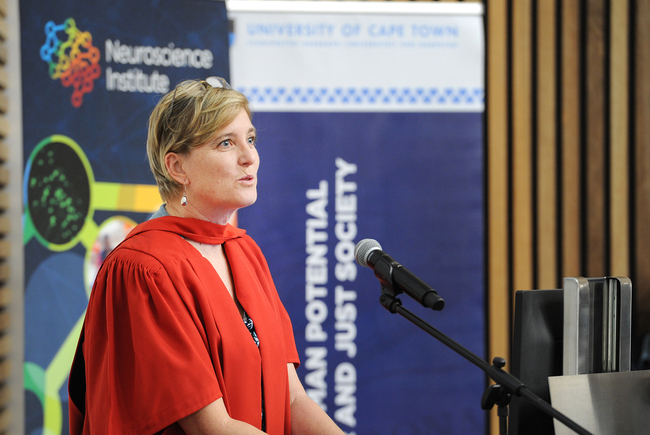

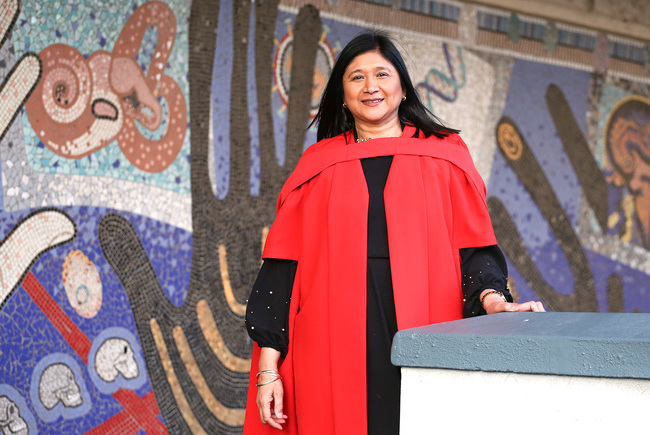
.jpg)

